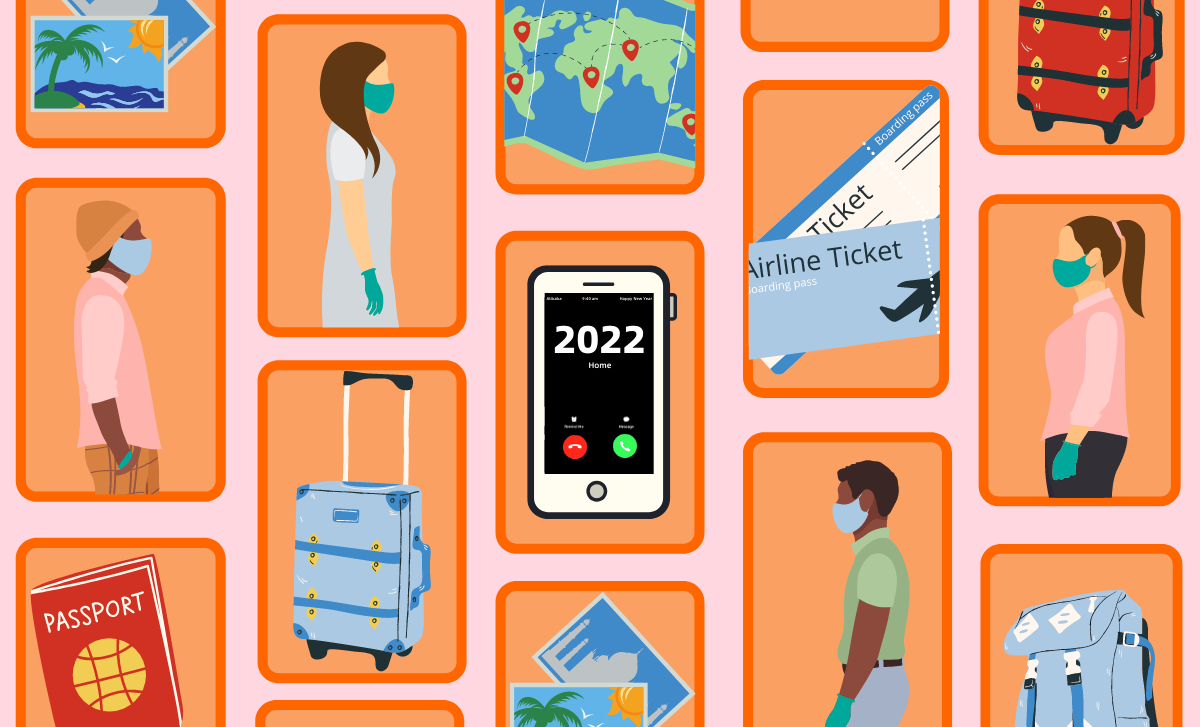


Photo credit: Alibaba Group/Elizabeth Utley
The coronavirus pandemic, climate change and evolving gender politics are among the powerful forces refashioning consumer behavior. Retailers are racing to keep up.
The industry will need to adapt to changing norms quickly, or swathes of businesses will face irrelevancy as past purchases no longer imply brand loyalty.
Market research provider, Euromonitor International, has identified ten consumer tribes that erupted onto the scene during the pandemic and is advising retailers on how to seize the opportunities and avoid the pitfalls created by social upheaval.
Over the coming days, we will profile other consumer tribes and examine how merchants, from multinationals to startups in niche categories, adapt to meet their needs.
In our 10-part series, we have looked at how the supply-chain crisis and the metaverse impact retailers. Today we’ll explore what a staggered return to work will mean for retailers in 2022:
No. 6 THE SOCIALIZATION PARADOX
People are returning to pre-pandemic routines, but at differing paces depending on their comfort levels, creating the Socialization Paradox.
At one extreme, consumers acclimated to life in lockdown and will continue to make purchases for consumption at home. Meanwhile, others were restless and rebellious and eager to travel and socialize again.
Sandwiched in the middle are those venturing out for select activities. Not surprisingly, 76% of consumers took health & safety precautions when leaving their homes last year, said Euromonitor.
Flexible policies, such as waiving cancellation fees, could accommodate fluctuating restrictions and comfort levels. Remote working and virtual events will co-exist with office hours.
“The most important issue to us, then as now, is that we want the customer or employee to feel safe, based on their own life situation,” Best Buy CEO Corie Barry said at the National Retail Federation’s annual conference earlier this month.
Businesses pivoted and showed resilience, offering digital options to compensate for the lack of physical visits. Euromonitor found that 47% of professionals in a survey are exploring new business models, such as marketplaces or direct-to-consumer.
Lowe’s Companies Inc. Chairman and CEO Marvin Ellison said at NRF 2022: Retail’s Big Show that the Spanish luxury fashion house leaned into things like curbside pickup, buy online pick up in-store, improving the mobile app and working to ensure the health and safety of the workforce and customers.
We’re taking this time to reinforce our collaborations with key partners and to plan how to best meet the needs of Chinese tourists when travel restrictions eventually lift
For many businesses, preparations for a post-pandemic return to normalcy continue even as current conditions make their implementation impossible. Companies will need to remain flexible for the foreseeable future, particularly the travel and food & beverage industries.
“We’re taking this time to reinforce our collaborations with key partners and to plan how to best meet the needs of Chinese tourists when travel restrictions eventually lift,” said Ada Xu, EMEA Regional Director of Alibaba travel agency Fliggy.
While domestic tourism is rebounding in fits-and-starts, each country will open its borders at a different pace.
Despite heavy constraints across the travel industry, Xu’s team continues to make tourist experiences possible with digital tools like live-streaming. People in China can virtually transport themselves to Spain to spend an afternoon at the Prado art gallery or pop into the Louvre.
The next instalment in this series will explore how Financial Aficionados are making their money work for them





